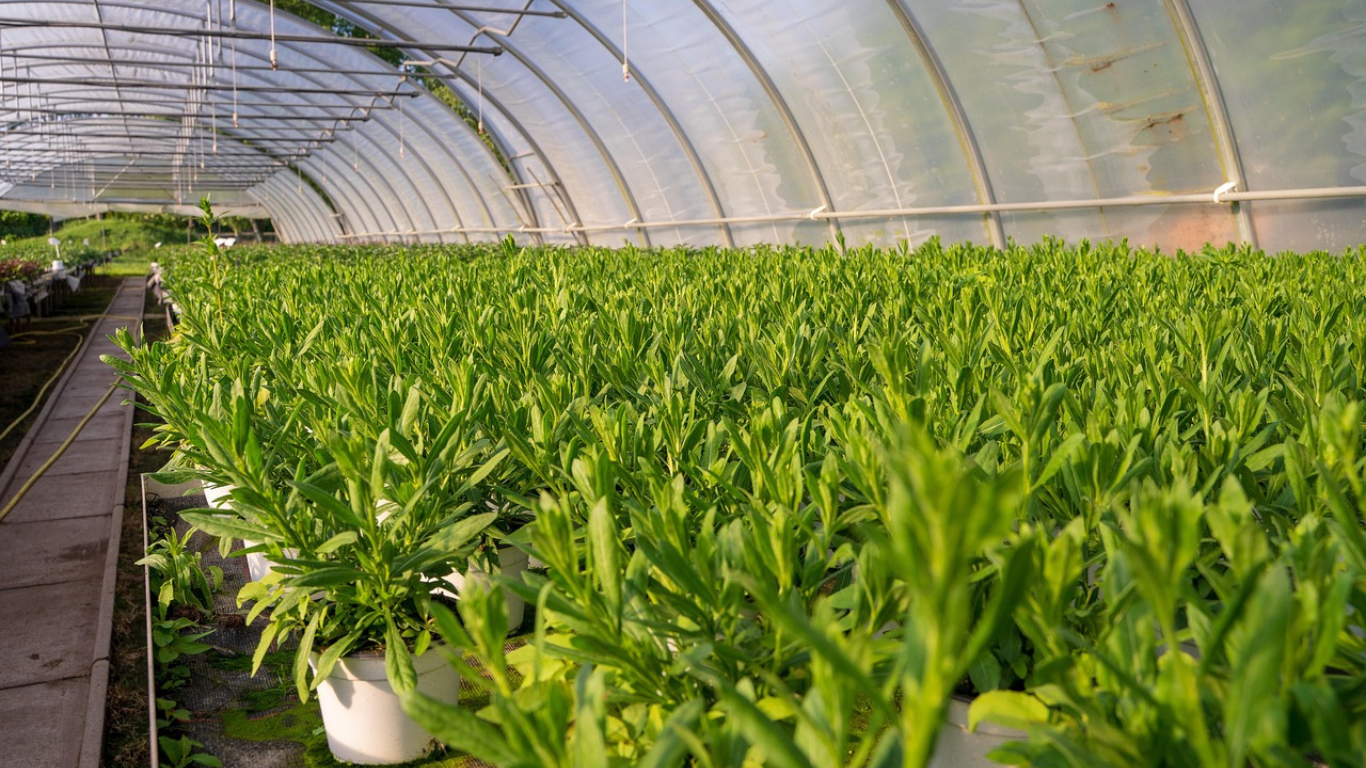Effective management is key to sustaining growth, optimizing resources, and ensuring profitability. With the increasing pressures from market fluctuations, climate change, and growing technologies, agricultural businesses must adopt smart management principles.
These principles can help transform how farmers and agribusinesses operate, making them more resilient and adaptable to changing conditions. In this exploration of smart management practices, we will delve into strategic planning, resource management, innovation, and more, providing insights that can elevate any agricultural venture.
Understanding Strategic Planning
Strategic planning is the backbone of successful agricultural businesses. It involves setting clear goals and objectives to guide operations. A well-defined strategy allows agriculturalists to anticipate market trends, manage risks, and allocate resources effectively.
A critical first step is assessing both internal capabilities and external conditions. This requires gathering data about production capacities, existing technologies, labor availability, and market demands.
Conducting a SWOT (Strengths, Weaknesses, Opportunities, Threats) analysis enables agricultural managers to identify potential growth areas and areas needing improvement. Farmers who invest time in developing a strategic plan often report enhanced decision-making capabilities.
Efficient Resource Management
Resource management is another critical aspect of agricultural business management. Efficient use of resources, be it land, water, labor, or capital, can significantly impact productivity and sustainability.
Agriculturalists should prioritize sustainable practices that enhance soil health and water conservation while maximizing crop yield. Implementing precision agriculture techniques can help optimize input utilization.
This technology allows farmers to apply the right amount of water, fertilizers, and pesticides based on real-time soil and crop data. Investing in sturdy infrastructure like a Rimol Matterhorn greenhouse can boost productivity while providing a controlled environment for crop growth. Such greenhouses extend the growing season, protect against pests, and mitigate climate challenges.
Embracing Innovation
Innovation in agriculture has become a crucial factor in achieving long-term sustainability. This encompasses technological advancements and innovative practices, and systems.
Crop rotation, integrated pest management, and organic farming are methodologies that focus on enhancing ecological balance while improving yields. Adopting precision farming technologies and using drones for crop monitoring represent exciting developments that allow farmers to enhance efficiency and reduce environmental footprints.
While investing in new technologies can require significant capital upfront, the resulting efficiencies often provide a clear return on investment. Engaging with research institutions can result in collaborative innovations tailored to specific local challenges. Customized solutions can greatly enhance competitiveness while demonstrating environmental stewardship.

Building Strong Customer Relationships
Establishing strong relationships with customers is paramount. Understanding their needs and preferences can significantly enhance customer loyalty and drive sales.
Agricultural businesses that prioritize customer feedback and actively engage with their clientele often see improved product offerings and service delivery. Transparency in communication about sourcing, production methods, and sustainability practices can foster trust, allowing businesses to build long-lasting relationships.
Direct-to-consumer models, such as farmers’ markets, subscription services, or online platforms, provide avenues for establishing direct connections with customers. These structures allow producers to respond quickly to market demands while receiving fair compensation for their products.
Adopting Sustainable Practices
Sustainability has emerged as a critical consideration in managing agricultural businesses. With increasing pressure on natural resources, practices that promote environmental harmony are becoming important.
Sustainable agriculture focuses on meeting current food needs without compromising future generations’ ability to meet theirs. This concept encompasses ecological, economic, and social dimensions, emphasizing the need for systems that promote biodiversity, soil health, and resource conservation. Implementing practices such as agroforestry, organic farming, and cover cropping can enrich ecosystems while enhancing productivity.
Farmers who adopt these methods can gain access to a growing market of environmentally conscious consumers seeking responsibly produced goods. Demonstrating a commitment to sustainability can differentiate a brand in a saturated market, attracting customers who prioritize ethical sourcing alongside quality.
Leveraging Data Analytics
Data analytics is revolutionizing the agricultural sector by providing valuable insights that inform decision-making. By analyzing data on weather patterns, soil conditions, and crop performance, farmers can make informed choices that optimize production processes.
This data-driven approach enables better forecasting and planning, minimizing potential risks and enhancing operational efficiency. Agricultural businesses can establish detailed record-keeping systems to track inputs, costs, and yields.
Incorporating farm management software can streamline these processes, allowing for real-time analysis and reporting. Insights from such analytics can lead to informed decisions, ensuring that businesses remain competitive in a market environment.
Applying smart management principles encompasses a comprehensive approach. It involves strategizing for immediate results while preparing for the long term. By integrating effective practices into daily operations, agricultural businesses can ensure a sustainable future for themselves and the global food supply.
Article received via email































